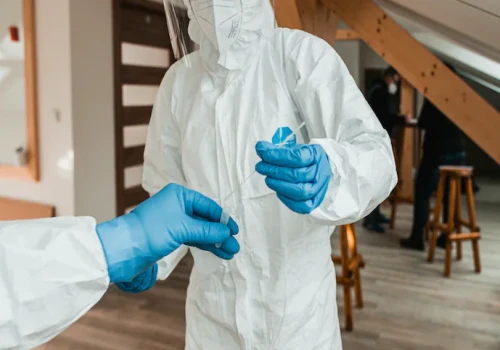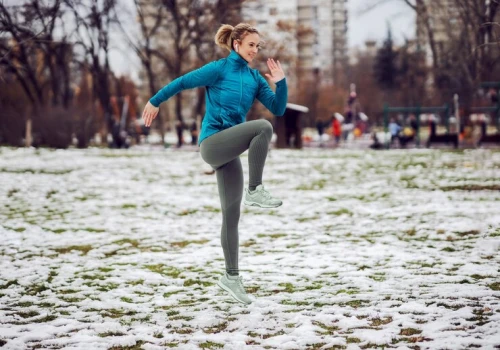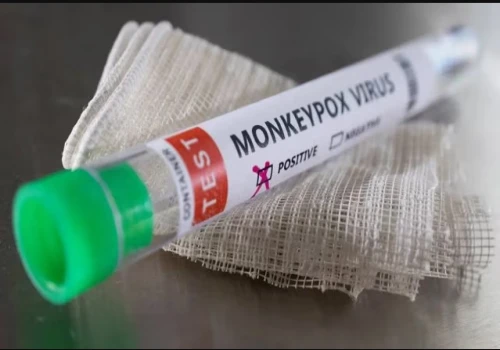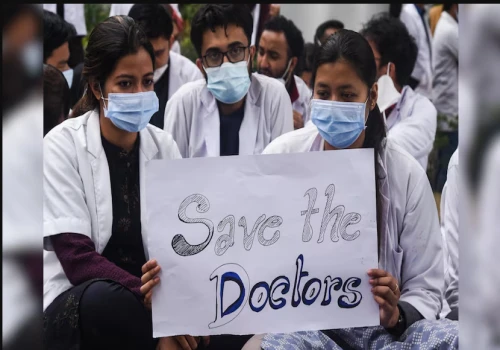
During the monsoon season, there's a higher risk of infections because bacteria are more active. If you have a wound or cut, germs can enter your bloodstream and potentially cause serious infections.
Dr. Neeraj Godara, a specialist in hand and wrist surgery, says that the wet and damp conditions can make cuts more likely to get infected. When your skin is moist, it becomes softer and easier to damage, allowing bacteria to enter more easily. This also weakens your immune system, making it harder for your body to fight off infections.
The weather changes during monsoon, like high humidity and temperature fluctuations, can cause joint pain and muscle stiffness. High humidity makes blood thicker and can increase blood pressure, which can worsen these symptoms.
Dr. Varsha Bhatt, a rheumatologist, warns that people with rheumatoid arthritis might experience more pain during this time. If you've had illnesses like dengue or chikungunya, your arthritis might get worse. Sometimes, joint pain from viral infections can last from a few weeks to several months, and might need long-term medication.
Flooded areas can be especially dangerous because they often have bacteria that can worsen infections. Dr. Godara advises not to walk barefoot in such areas to prevent cuts and infections. It’s important to wear protective clothing and keep clean.
Dr. Bhatt also advises against self-medicating for joint pain. If you have severe joint or muscle pain, see a doctor to get proper treatment and avoid complications.




_500_x_350.webp)





